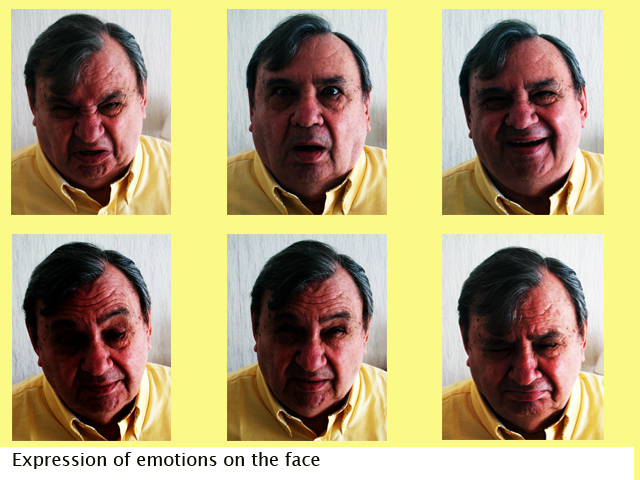Men & Their Feelings
 Allow me to dispel any misunderstandings right away, men have feelings, and lots of them. Everybody’s born with them. It’s what we learn to do with them that makes the difference. In this culture men are taught to put some of them away, especially the softer ones. Anger and aggressiveness are OK within certain limits. Crying and complaining are usually frowned upon and negatively judged. What you end up with is adult men who get mad instead of hurt.
Allow me to dispel any misunderstandings right away, men have feelings, and lots of them. Everybody’s born with them. It’s what we learn to do with them that makes the difference. In this culture men are taught to put some of them away, especially the softer ones. Anger and aggressiveness are OK within certain limits. Crying and complaining are usually frowned upon and negatively judged. What you end up with is adult men who get mad instead of hurt.
The problem is, there is just so much you can do with anger. It’s not a healing oriented emotion. When a person is angry, it’s usually at someone or something. Anger as an emotion does not promote an understanding of oneself. In fact, anger is usually used as a defense against hurt especially in love-life matters. You can see how limited anger is as the primary way of expressing one’s unhappiness.
This is a big problem for the contemporary man especially when it comes to being in love. The progression for men in adulthood is to move toward, you could also say back to, greater ‘sensitivity.’ If a man does not learn how to experience and express his feelings in their original state (experience and express hurt as hurt and not transform it into anger) he will find love relationships difficult as the need for intimacy grows.
Communicating feelings in a love relationship is essential to properly solve problems and naturally deepen intimacy. Men have a chance to learn how to do this and it’s love and age that usually provide the opportunity. In a love relationship, a man is motivated by love to seek new ways to communicate to the person he loves. Over time, age mellows a man and introduces him to latent potentials he can develop in himself. The experience and expression of deeper sensitivity is one of these potentials.
True strength exists in a rounded more balanced personality. For a mature man this would occur as an ability to be hard or soft as needed. Live secure in the knowledge that you can defend yourself when that is necessary. You already have years and years of training and conditioning to prove it. What needs to develop is the ability to risk and tolerate the softer experiences of giving and receiving love and the direct expression of hurt if and when that happens. Practice. Dr. T. Jordan
